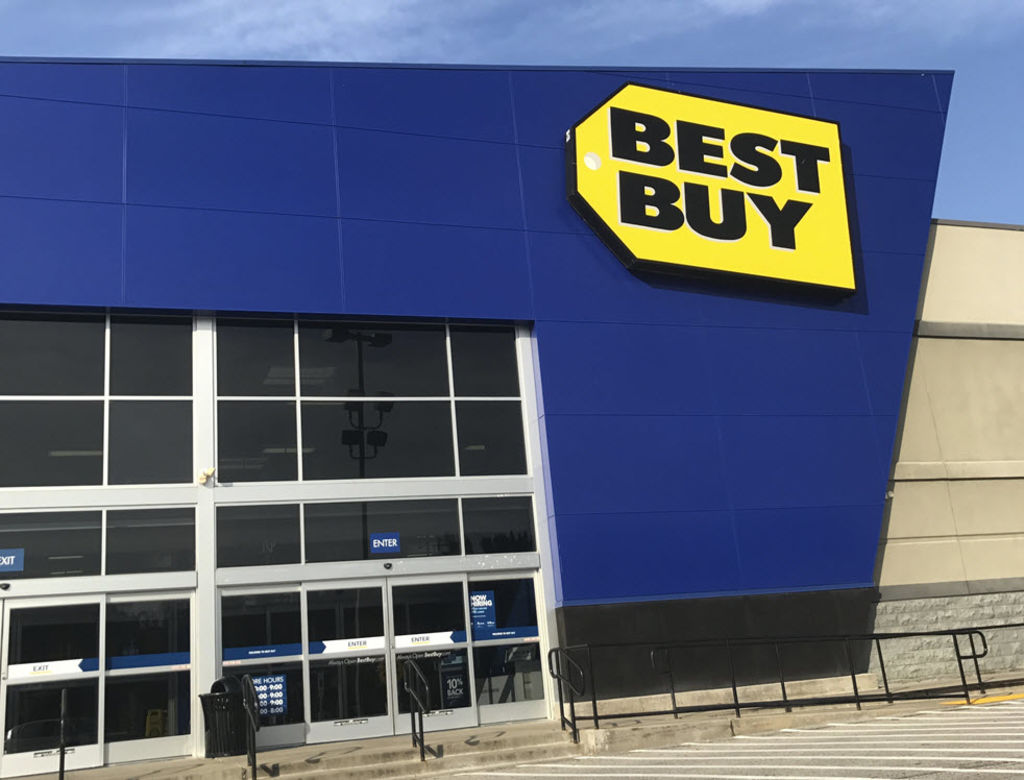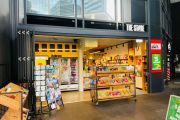
US retailer Best Buy is giving customers what they want: personalised advice
Abha Bhattarai
Best Buy has figured out what Americans want in an era of online shopping: Personalised advice.
The retailer, which on Thursday posted a 7 per cent increase in sales, has been investing heavily in its big-box stores and on its website to make them more approachable for overwhelmed customers. It offers free home visits to help customers figure out exactly what they need, whether it’s smart home technology, appliances or home theatres.
“There are so many different platforms and directions to go today that people just want help with the basics,” said Joe Feldman, an analyst for Telsey Advisory Group in New York.
The rise of online shopping has made it easy to buy everything from a mobile phone to a big-screen TV with the click of a button – but analysts say it’s also led to demand for more personalised advice and help.
Best Buy recently introduced a service that offers unlimited technical support in person, over the phone or online, for an annual fee of $US199 ($263). (Amazon Home Services also offers one-off services, such as wireless home network setup for $US68 or home audio set up for $US322.)
Many of Best Buy’s competitors have struggled to stay afloat – HH Gregg and Radio Shack filed for bankruptcy within days of each other last year – faced with competition from Amazon, which frequently undercuts rivals on price. Amazon this year surpassed Best Buy as the largest retailer of consumer electronics, according to trade publication Dealerscope. (Jeff Bezos, the founder and chief executive of Amazon, also owns The Washington Post.)
But analysts say Minneapolis-based Best Buy has managed to turn around its business by doubling-down on customer service. It has also slashed prices and begun matching competitors’ discounts.
“Technology products are becoming more and more intertwined with people’s daily lives – you have your smartphone, your TV, your Alexa, your Fitbit – and that means that people have a lot more questions,” said Anthony Chukumba, a senior research analyst at Loop Capital Markets in Chicago.
“Best Buy has been uniquely positioned to benefit from that since it’s the last man standing in terms of national consumer electronics retailers.”
The efforts are paying off: Executives say profits rose 11 per cent in the most recent quarter to $US208 million, or US74 cents per share, from $US188 million, or US61 cents per share, from a year earlier. Quarterly revenue rose to $US9.1 billion from $US8.5 billion a year earlier.
Best Buy has also made it easier for consumers to navigate its sprawling stores by creating “shop-in-shops” where customers can test out a number of big-ticket items, including Apple products, Samsung phones, Google smart home technology and Sony TVs.
“Customers are responding positively to the unique experience we provide to them online, in stores and in their homes,” Hubert Joly, Best Buy’s chief executive, said in a statement.
“At the heart of Best Buy’s strategy is a view that it can help enrich people’s lives through technology,” Neil Saunders, managing director of GlobalData Retail, wrote in a note to clients. “It is based on a common-sense view that many consumers want help and advice in navigating the multitude of technology products [and] devices that exist today. This happens to be something that is often most effectively done in person at physical locations.”
Best Buy’s stock, which is up 50 per cent from a year ago, took a hit on Thursday despite the company’s strong earnings report. Shares were down 6.6 per cent in afternoon trading after the company said it was not revising its outlook for the rest of the year, leading analysts to fret that growth may be slowing.











